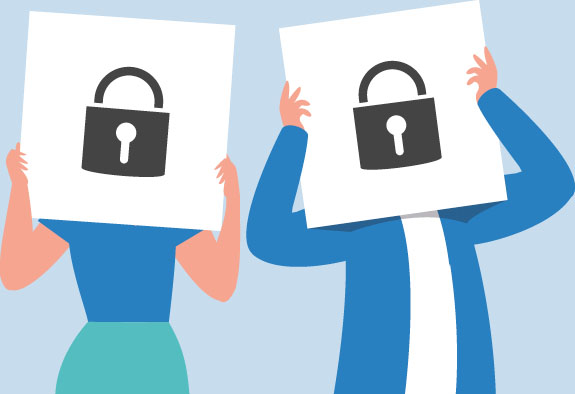Issues & Concerns in Working with Autistic Clients, Psychological, Sociopolitical, & Therapeutic Aspects

It may surprise therapists to hear that irrespective of a client’s presenting issue, the therapeutic modality applied or therapy’s context within the Western world, around 10% of people attending therapy report experiencing their therapy as harmful.
PPS Trust Chairperson Terry Cromey Talks about his career and PPS

My career as a practicing therapist covers fifty years. During this time, adapting to change has been the perennial feature, and still is. Technology and therapy have taken leaps and bounds since I recorded sessions on my audio cassette machine, and most correspondence was done by letter.
Informed Consent: Recent Legal Changes, Complaints and Dilemmas – Phillip Cox

Recent legal changes intended to clarify issues around informed consent have resolved some issues, yet also created new dilemmas.
Online Psychotherapy – Safeguarding During The Covid-19 Pandemic – Declan Peelo

Confidentiality, an ethical imperative in psychotherapy, could be compromised in online working, in ways not normally associated with face to face therapy, i.e., potential risks from the client’s own remote environment; unauthorised access by third parties to the digital platform, deliberate or accidental, during an online session (DPC, 2020; IACP, 2019b; APA, 2013; Rousmaniere, Abbass, & Frederickson, 2014).
GDPR: Thoughts on Implications for Practice – Peter Jenkins

Record keeping on therapeutic work by counsellors, psychotherapists and counselling psychologists (herein referred to as therapists) is undergoing change with effect from 25th May 2018, under the terms of the General Data Protection Regulation (GDPR).
Thinking about leaving the profession? – Sally Despenser

Ten years ago, I was preparing to close my practice as counsellor, supervisor and trainer, relocate to another part of the country and start up again in a place where I knew no-one. By far the hardest part of the 2 year wind-down was deciding how to bring different things to a close[i], and then working out how and when to give notice
An Introduction To Practical Pitfalls When Working Online With Clients – Gill Jones

If you’re planning to offer a therapeutic service online or already working online, I hope this article will help. The ideas in here have been drawn from my 12 years’ experience as an online counsellor and the accumulated experiences of students
Some Thoughts About Personal Safety For Therapists – Sally Despenser

If you’re planning to offer a therapeutic service online or already working online, I hope this article will help. The ideas in here have been drawn from my 12 years’ experience as an online counsellor and the accumulated experiences of students who have trained to work online with Online Training for Counsellors Ltd (1).
Therapist Self-Disclosure – Jane Pendlebury

On recognising this avoidance, I wondered what has happened, how has this come to be?

